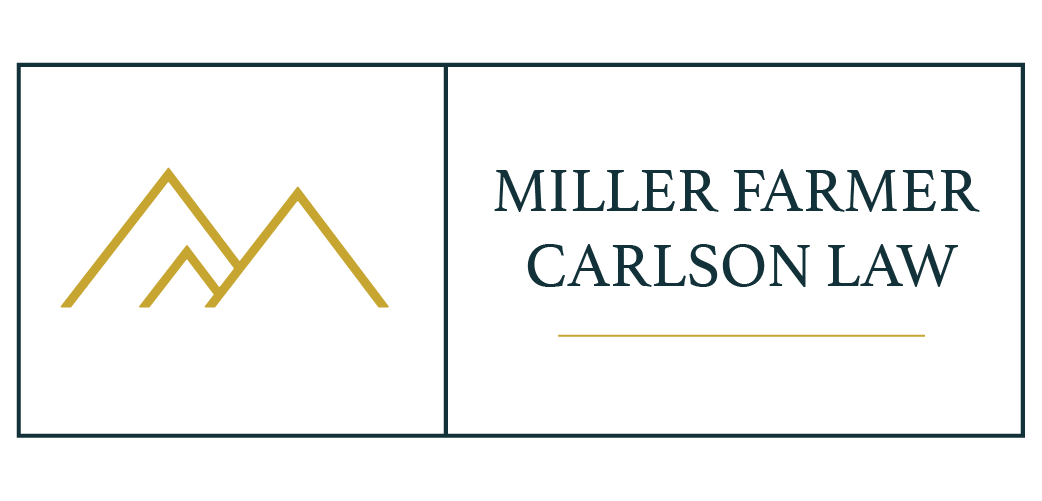Charter Schools: Considerations Before Signing a Lease
In the current commercial real estate market in Colorado, finding an appropriate facility can be one of the biggest hurdles a new charter school will face as it prepares to open. Unfortunately, due to the difficulty of finding a facility, many charter schools rush in to an unfavorable lease, eager to lock down a facility, before having it properly reviewed and negotiated by an attorney or other professional experienced in charter school specific property transactions.
New charter schools face plenty of challenges during the start-up phase as it is; adding an unfavorable lease to the list of difficulties can have lasting consequences.
The following is not a comprehensive list, but here are some things to consider before a charter school enters in to a facility lease:
1. The Costs:
This might seem like an obvious consideration, but it is typical for commercial leases to be filled with extra costs in addition to the base rent. For example, commercial leases often require the tenant to pay for any maintenance, utilities, repairs, replacements (potentially even of expensive items like HVAC systems), snow removal, and the list goes on. Knowing what you are responsible for paying, and at what percentage if you are located in a facility with multiple tenants, is a crucial aspect to understanding how the facility costs will impact your budget.
2. Property Taxes:
As public schools in the state of Colorado, charter schools are not required to pay property taxes, even when leasing property. Oftentimes landlords are not aware of this and they price property taxes in to the rent. Making sure you get an appropriate discount on the rent since the landlord will be saving on property taxes can save your school thousands of dollars per month.
3. Outdoor Space:
It is common for a charter school to want to utilize outdoor space for recess and P.E. Working out the details of how the school is allowed to utilize the outdoor space around a facility, including the ability to install playground equipment, is crucial to avoiding disputes with the landlord and disappointed families if the school is unable to deliver on promises of outdoor recreation.
4. Traffic and Other Unique Characteristics:
Adding language to a lease that the landlord recognizes the facility will be used as a school and that operating a school comes with unique uses, and that the landlord will not prohibit the school from any reasonable uses typical for operating a school. A good example is the traffic and car lines during drop-off and pick-up. Especially if your school is located in a shopping area, this might be seen as a nuisance by other tenants, so it is important to get the landlord's approval at the beginning.
5. Signage:
During enrollment periods, having prominent signage on your facility advertising that enrollment is open can be a critical piece of a school's marketing strategy. It is better to agree in writing what will and won't be allowed, in terms of signage, in the language of the lease than it is to try to negotiate this with the landlord once the lease is already signed.
6. TABOR/Non-appropriation:
As public schools in the state of Colorado, charter schools are required to follow the constitutional requirements of the Taxpayers' Bill of Rights, also known as TABOR. Among the requirements is a prohibition on entering in to multi-year fiscal agreements - like long term leases. Because of this it is important for the lease to include language allowing the school to terminate the lease at the end of any fiscal year, without penalty. Landlords who have experience leasing to public entities will be familiar with this requirement, but others might need to be educated on it. Working with an experienced attorney can be very important when addressing TABOR in leasing.
7. Improvements:
It is rare to find a facility that is ready to go as a school facility. Most of the time charter schools need to be prepared to renovate a facility to make it work as a school. Working out the details of issues like costs, approvals, ownership at the end of the lease term, and related matters should be clearly included in the language of the lease.
8. Inspections:
Related to improvements, it is important for a charter school to have a period of time to inspect a property, with an experienced professional, to ensure the facility will meet any code or safety requirements - or to at least receive an estimate as to how much it will cost to bring the facility in to compliance. Nothing would be worse than for a school to enter in to a long term lease, only to find out later that it is going to cost hundreds of thousands of dollars in renovation work in order to receive a certificate of occupancy.
9. Subletting:
It is common for charter schools to sublet parts of the facility to after school programs, or other community service providers. Landlords can sometimes be stingy about approving subleasing arrangements, so securing permission in the lease to sublet to certain types of organizations could be important.
If you are a school in the process of securing a facility, whether through a lease or purchase, we encourage you to contact us at Miller Farmer Law, LLC, or to work with an experience professional in the area of real estate transactions.
